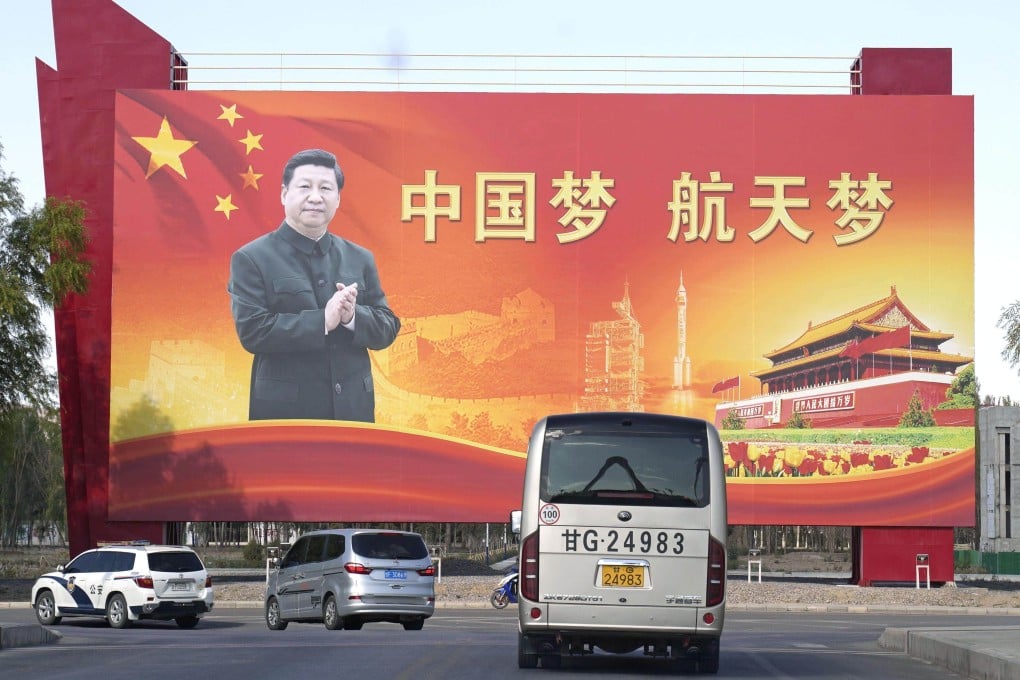Advertisement
Opinion | Why a third term for President Xi Jinping makes sense for pragmatic China
- Amid US tensions and increasing international hostility, and with domestic issues to tackle including an economic transition and inequality, Xi provides the stability China needs
Reading Time:3 minutes
Why you can trust SCMP
96

The Central Committee’s sixth plenary session in Beijing paved the way for a third term for President Xi Jinping. Some Western commentators see this as a power grab or a way to seek leadership for life, but the truth is much more complicated.
China’s constitution, which had previously allowed only two terms for sitting leaders, was changed in 2018 amid overwhelming support from the National People’s Congress. This was more an indication of the expected geopolitical turbulence than self-centric opportunism.
Indeed, the Communist Party’s pragmatic approach to stable leadership explains why Xi will remain in power, given the multiple risks, both internal and external, facing China.
Advertisement
The moves paving the way for a third term come on the back of Xi’s impressive achievements at home and abroad. Domestically, major accomplishments include continued economic growth, the eradication of corruption and environmental achievements.
Internationally, Xi has transformed China into a superpower in the making, courtesy of his diplomacy and signature Belt and Road Initiative. Such is his popularity and reverence at home that he now sits alongside Mao Zedong and Deng Xiaoping.
From 2008-2016, a distracted US allowed China’s unhindered rise, but things have changed. While the 2011 pivot to Asia under president Barack Obama was the genesis of today’s containment strategy, Donald Trump’s presidency took things to a new level, with increasingly visceral language and confrontational action.
Advertisement
Select Voice
Select Speed
1.00x

